Brazilian minister appeals for consensus at meeting on Temporal Framework Law
13 de May de 2025
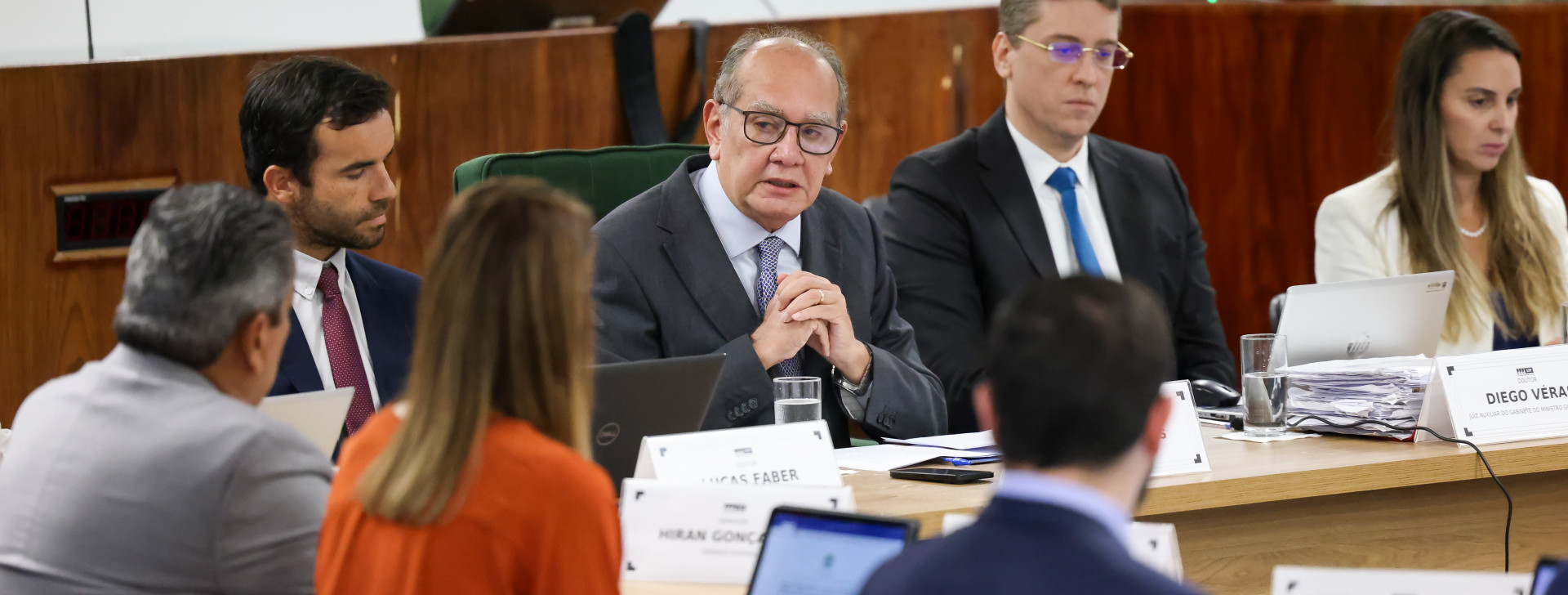
By Ana Cláudia Leocádio – From Cenarium
BRASÍLIA (DF) – Supreme Federal Court (STF) Minister Gilmar Mendes resumed the work of the Special Conciliation Commission on the Temporal Framework Law (14.701/2023) this Monday, the 12th. During the meeting, the magistrate once again appealed for consensus on the points of the draft bill aimed at replacing the current legislation with new provisions addressing issues related to the demarcation of Indigenous Territories (ITs), which remain controversial.
The Conciliation Commission was established in August 2024 within the scope of actions questioning the constitutionality (ADO 87), unconstitutionality (ADI 7582, 7583, and 7586), and unconstitutionality by omission (ADO 86) of provisions of Law 14.701/2023. The law, approved by the National Congress, is a response to the STF’s decision declaring the Temporal Framework thesis unconstitutional. This thesis set the date of the promulgation of the 1988 Constitution as the deadline for requesting demarcation of TIs.
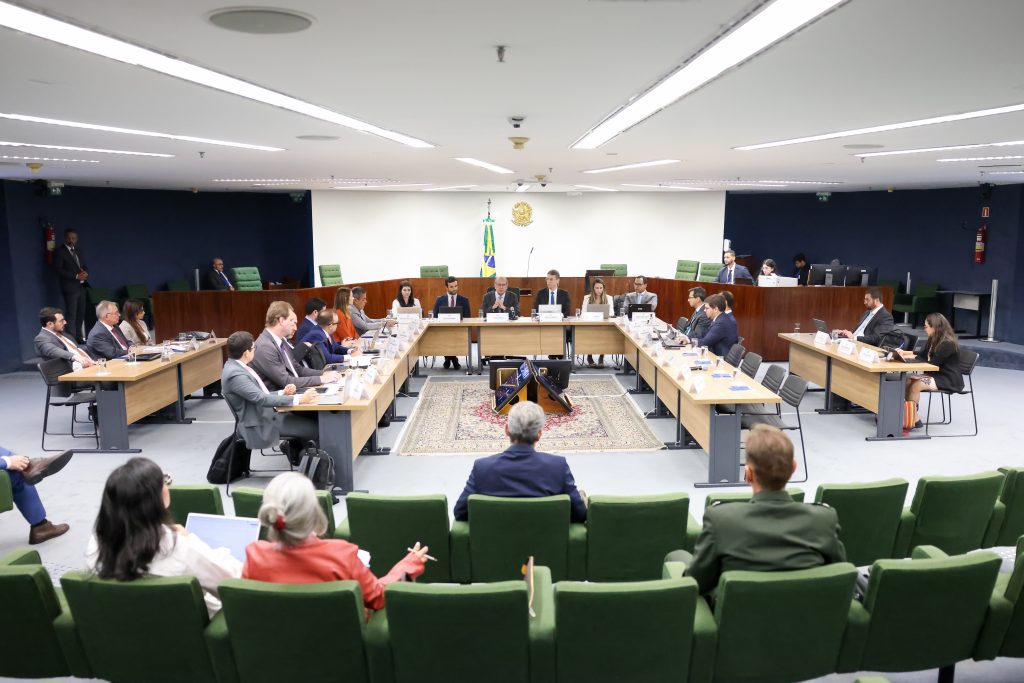
Gilmar Mendes is the rapporteur of the actions related to the Temporal Framework at the STF and sees this commission as a means of reaching common ground on the issue and avoiding the constant back-and-forth of judicial decisions being contested by laws passed by Congress.
Reopening the new round of meetings, Mendes praised the participants but reminded everyone of their responsibility. “Even so, I would like to remind you that, to sit at the table of self-composition, interest and good faith are essential. If anyone is not here with that intention, we will get nowhere,” he stated.
The minister argued that only through dialogue will it be possible to resolve the centuries-old problems surrounding Indigenous territories. “I hope you use dialogue and understanding instead of the traditional struggles that have already proved ineffective, because the deaths and conflicts in the countryside persist, happening frequently, unfortunately. We all know that the known formula for failure is to repeat the same way of acting,” reiterated Gilmar Mendes.
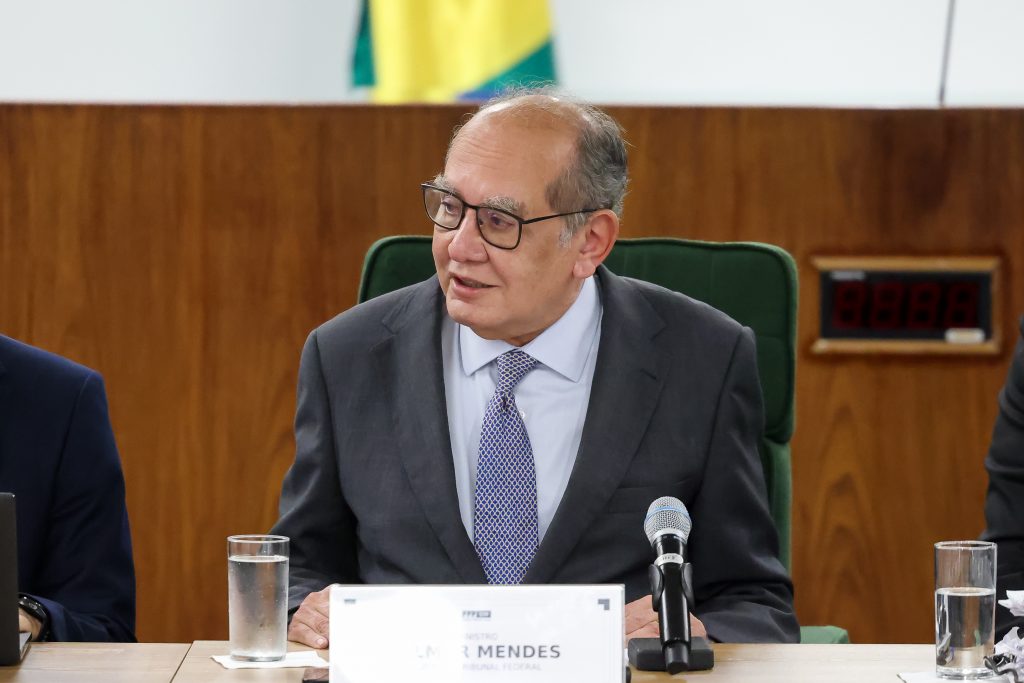
In the minister’s view, any decision handed down by the STF on the matter—whether recognising the law as constitutional or not—will not resolve the conflicts that have plagued Brazil for decades. Both the Temporal Framework Law and the draft bill presented by Gilmar Mendes’ office in February this year regulate Article 231 of the Constitution, which addresses the rights of Indigenous peoples.
Mendes also criticised the attitude of parliamentarians who have been defending, in his view, “unthinking and demagogic” positions on the issue of Indigenous Territories for electoral purposes, which ends up encouraging Non-Governmental Organisations (NGOs) to promote invasions and conflicts.
“Both act irresponsibly because they cannot guarantee peace in the countryside, which ends up being a profitable business for such conflict intermediaries. These parliamentarians, and some NGOs, self-affirm within their bubble, based on delusions, and promise what they cannot deliver. They are merchants of illusion,” said Mendes, without naming names.
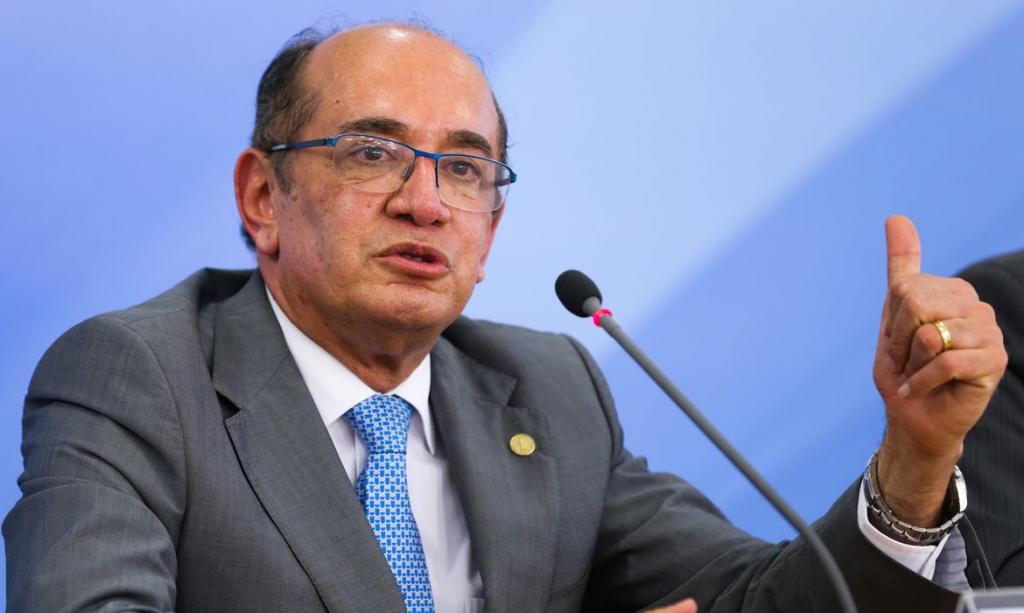
Representing the National Congress, Senator Hiran Gonçalves (PP-RR) shared his relationship with Indigenous people in the state he represents, Roraima, and said he hopes the Commission will reach a satisfactory outcome. The senator is the author of a proposed constitutional amendment (PEC) that would enshrine the Temproal Framework thesis in the Constitution.
“We must have courage, balance and wisdom to preserve the native populations, respect them, but also ensure that our Brazil grows. And make use of our wealth as all developed countries in the world do, intelligently. That is my position,” stressed the senator.
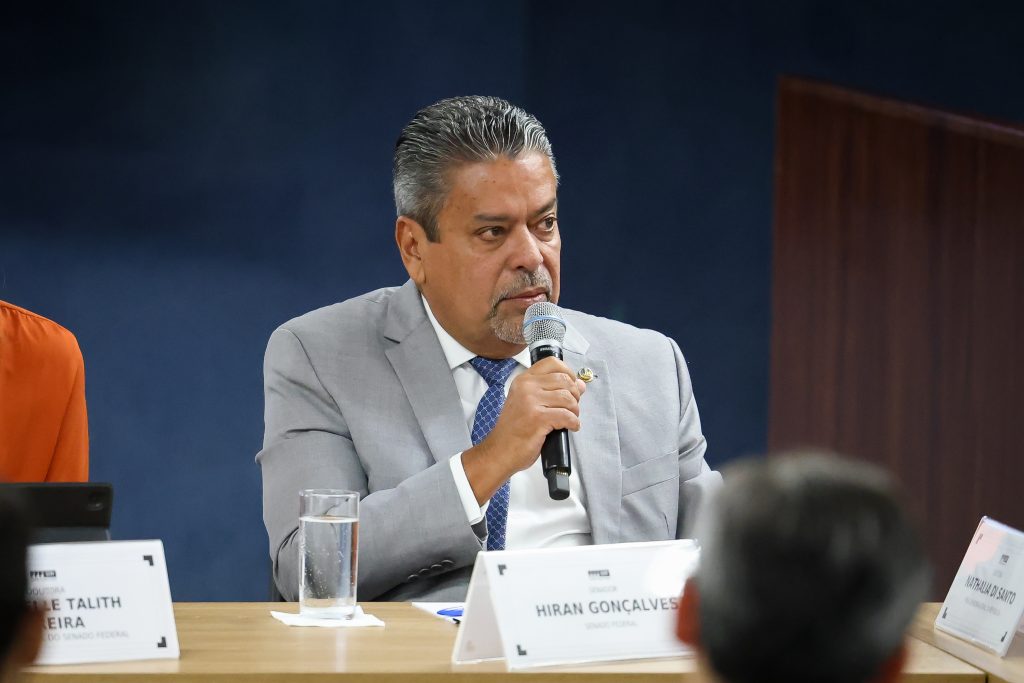
Draft Bill
Divided into five chapters and 94 articles, the draft bill was presented by Gilmar Mendes’ office when the commission resumed work in February this year. After receiving criticism, the minister removed a large portion of the proposals, particularly those concerning economic exploitation of the TIs, such as mining. These issues will be discussed in the Action for Unconstitutionality by Omission (ADO 86). The Attorney General’s Office (AGU) has presented another, more concise, proposal to be analysed by the STF and compared with the minister’s draft.
Since then, commission members have been trying to reach consensus on the provisions of the final text, which will be presented to the National Congress. In Monday’s meeting, the group managed to analyse points up to Section III, which deals with economic activities in Indigenous Territories, with the articles not withdrawn by the minister.
Conciliation table at the Supreme Federal Court (Disclosure/STF)
According to Judge Diego Viegas, who leads the commission alongside Judge Lucas Faber, even the points where there was consensus among the parties will, in the end, be put to a vote to clearly record the decision. The uncertainty lies in how to address the points of dissent, which still lack a defined approach.
Discussion Table
In addition to representatives of the political parties behind the legal actions, the Conciliation Commission includes appointees from the Ministry of Indigenous Peoples (MPI), AGU, National Foundation for Indigenous Peoples (Funai), and so-called amicus curiae (friends of the Court), admitted to provide information or clarify technical issues in the judicial process.
The Articulation of Indigenous Peoples of Brazil (Apib), one of the claimants, withdrew from the commission shortly after the panel was established in August last year, considering the conciliation attempt “forced and compulsory” and arguing that Indigenous rights are not open to negotiation. The organisation also believes its rights are already guaranteed in the Constitution and cannot be arbitrarily bargained. Since its withdrawal, Apib has referred to the panel as a “chamber of death”.
The expectation now is to conclude the Commission’s work by 23 June, with meetings already scheduled to finalise discussions on the draft bill’s provisions, hold the final vote, and present a Bill (PL) to replace the Temporal Framework Law, a thesis already deemed unconstitutional by the STF.
Indigenous criticism of this debate, initiated by Gilmar Mendes at the STF, is that it weakens already consolidated constitutional rights and creates more obstacles for the demarcation of TIs, in addition to expanding rights for non-Indigenous individuals who illegally occupy the land—such as proposing compensation for bare land, for example. Meanwhile, no compensation is proposed for Indigenous people, who would receive land practically stripped of forest.
In Gilmar Mendes’ assessment, there is no alternative but to confront and reconcile. “We are proposing another possible way out of the impasse, based on reconciliation, a new form of resolution within constitutional jurisdiction, in order to definitively resolve the problem of conflict in the countryside instead of kicking the can down the road without ever finding a solution,” he declared.

